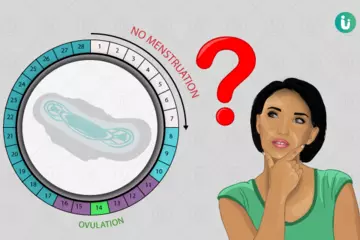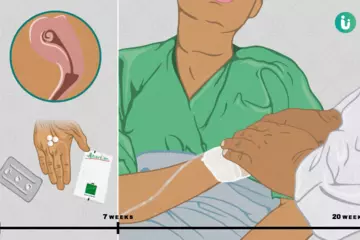What is Tourette syndrome?
Tourette syndrome is a condition of the nervous system which results in the individual making sudden and involuntary movements or sounds. These sudden sounds or movements are called tics, and the syndrome may range from mild to severe.
What are its main signs and symptoms?
The two major symptoms of Tourette syndrome are motor tics and verbal tics.
Motor tics refer to the involuntary and sudden movements. Motor tics include:
- eye blinking
- facial grimacing
- sudden jaw movements
- jerking the head
- jumping
- shoulder shrugging
- sudden opening of the mouth
- arm jerking
Verbal tics refer to the involuntary sounds made by the individual. These sounds may not necessarily make sense and most of the times seem to have no context. Verbal tics include:
- sniffing
- hooting
- shouting
- grunting
In some cases, a verbal tic may include uttering a swear word or some other socially unacceptable term. However, this is rare.
It is also important to note that Tourette syndrome may occur along with problems such as:
What are the main causes?
The exact cause of Tourette syndrome is not known, although most medical researches link this syndrome to structural differences in the regions of the brain and genetics. Individuals with a positive family history are at a higher risk of inheriting this syndrome.
This syndrome tends to have a higher occurrence in males, and hence gender can be considered a risk factor.
How is it diagnosed and treated?
To be diagnosed with Tourette syndrome, the following conditions should be met:
- The individual should have at least two motor tics and one verbal tic.
- The individual should have been experiencing these tics for at least a year.
- The appearance of tics should have begun before the age of 18 years.
- The symptoms must not be caused by external factors such as medications or drugs.
The treatment for Tourette syndrome is limited.
Nevertheless, the occurrence of symptoms does not interfere with a person’s ability to carry out daily life activities in most cases. Hence, individuals are able to manage very well with proper support and guidance.
In some cases, medications may be prescribed to control the symptoms of other related disorders. Therapy and counselling as well as educating individuals and family members about Tourette syndrome can help greatly.

 Doctors for Tourette Syndrome
Doctors for Tourette Syndrome  OTC Medicines for Tourette Syndrome
OTC Medicines for Tourette Syndrome



















